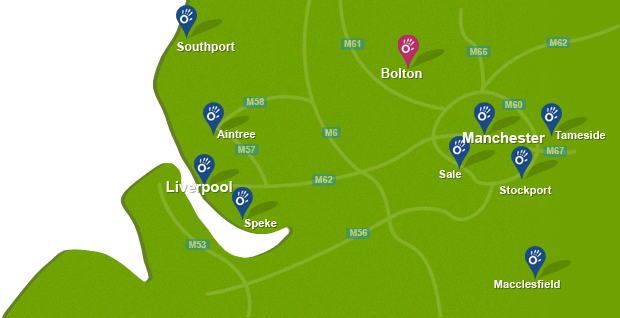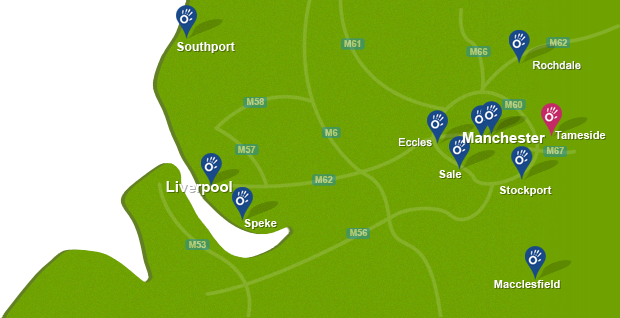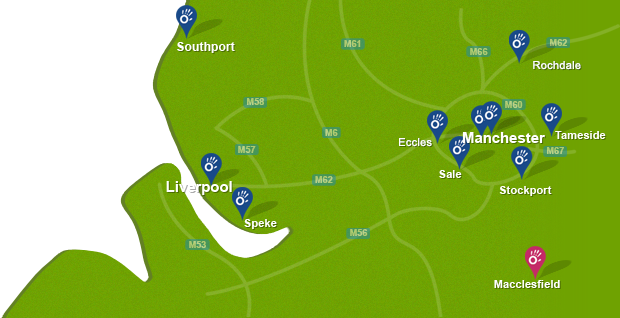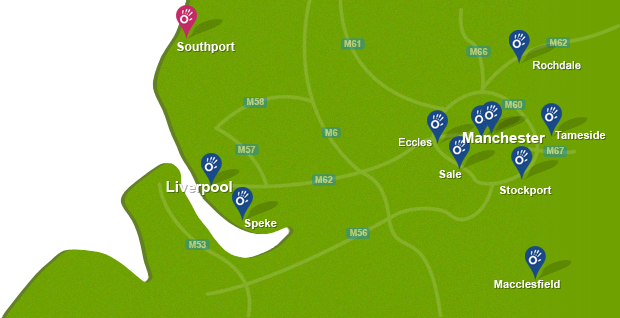What is an Acoustic Neuroma
An acoustic neuroma is a brain tumour that is non-malignant (non-cancerous) and grows on the vestibular nerve. The vestibular nerve is vital in the control of balance, hearing and the use of facial muscles. It relays information from the ear to the brain to tell the body how to balance and how the eye muscle have to work to keep the eyes steady during head movement.
It is a slow growing tumour that is relatively rare. It tends to slightly more common in women than men but the reasons for its growth are not yet understood.
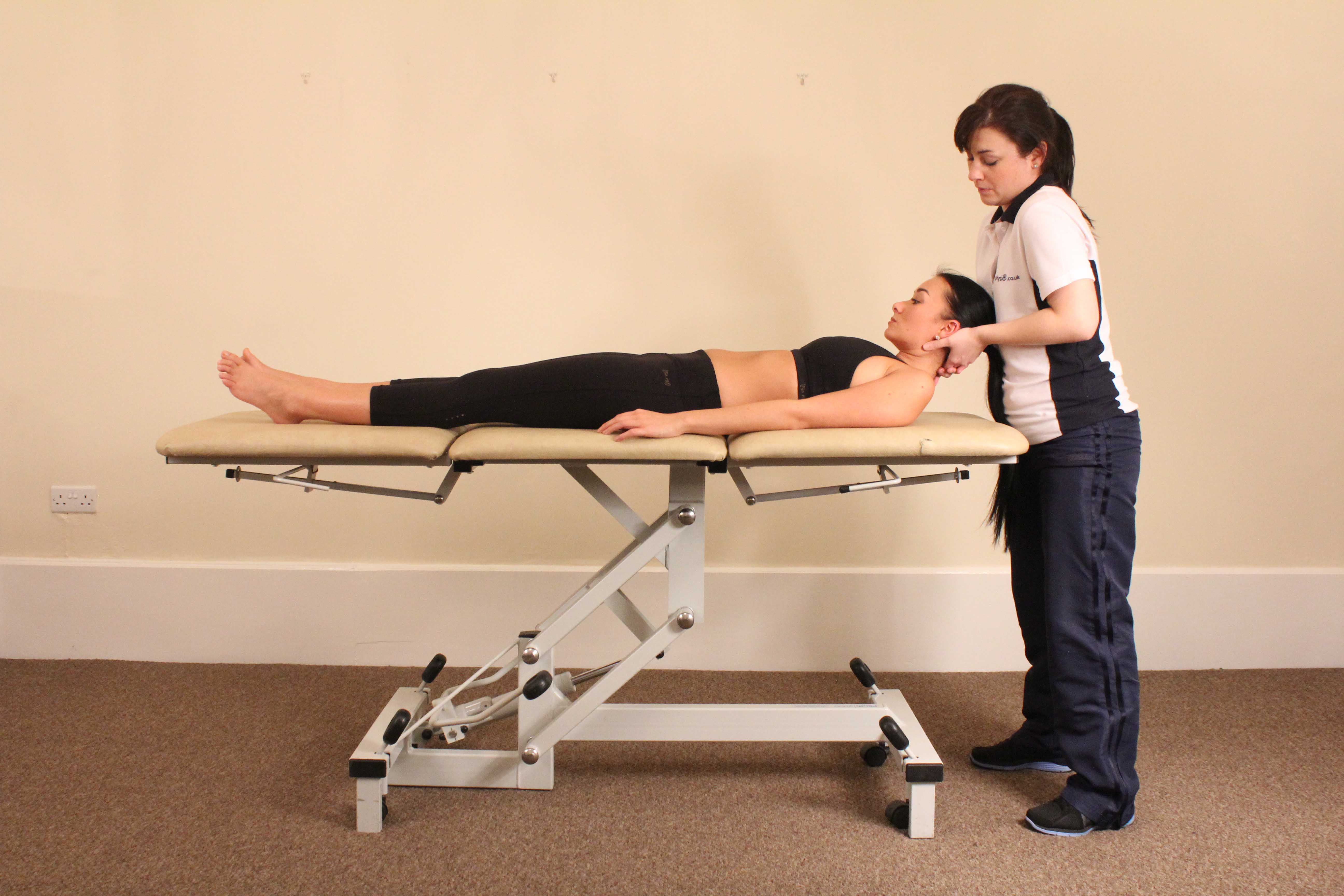 Above: Vestibular physiotherapy - passive resetting exercises
Above: Vestibular physiotherapy - passive resetting exercisesWhat are the symptoms of Acoustic Neuroma
Acoustic Neuroma has 3 main groups of symptoms which tend to be of a gradual onset
- Hearing
- Balance
- Facial Muscles
Acoustic neuroma causes gradual hearing loss. This is normally one sided and can be combined with tinnitus (ringing in the ear).
Balance
With acoustic neuroma symptoms of vertigo will develop. Vertigo is when either you or the world appears to be moving when it should not be; it can even happen when you are sitting still.
Facial Muscles
While not as common as the hearing loss and balance problems facial numbness, tingling or pain can be a symptom of acoustic neuroma.
Other Reported Symptoms
Some other reported less common symptoms of acoustic neuroma include, headaches, sight problems and ear ache.
How is Acoustic Neuroma diagnosed
Acoustic neuroma is diagnosed by linking the symptoms above to a referral onto a specialist. It can be difficult to piece together the symptoms as it is a slow growing tumour which normally gives slow developing symptoms. You may see a Neurologist or an Ear, Nose and Throat Specialist and have the following tests:
Audiology- this would involve a variety of hearing test
MRI scan- this takes an internal picture of the brain to look for any abnormalities
From these a diagnosis of acoustic neuroma may be made.
Medical treatment of Acoustic Neuroma
The medical treatment of acoustic neuroma depends on the size of the tumour, the severity of the symptoms and your general health. For small, slow growing acoustic neuromas the treatment of choice is just to monitor the tumour with regular MRI scans. This is also the case if you are in poor health and would not be suitable for other interventions.
If the acoustic neuroma is causing significant symptoms or large then surgery is required to remove it. The aim of surgery is to completely remove the tumour but occasionally this cannot be the case and radiotherapy may be used.
Post-surgery the nerve may not completely recover or have been damaged during the removal of the acoustic neuroma which can leave some symptoms. Hearing loss, facial palsy or residual balance problems can remain. Hearing loss is treated with hearing aids and facial palsy and balance issues are treated with physiotherapy.
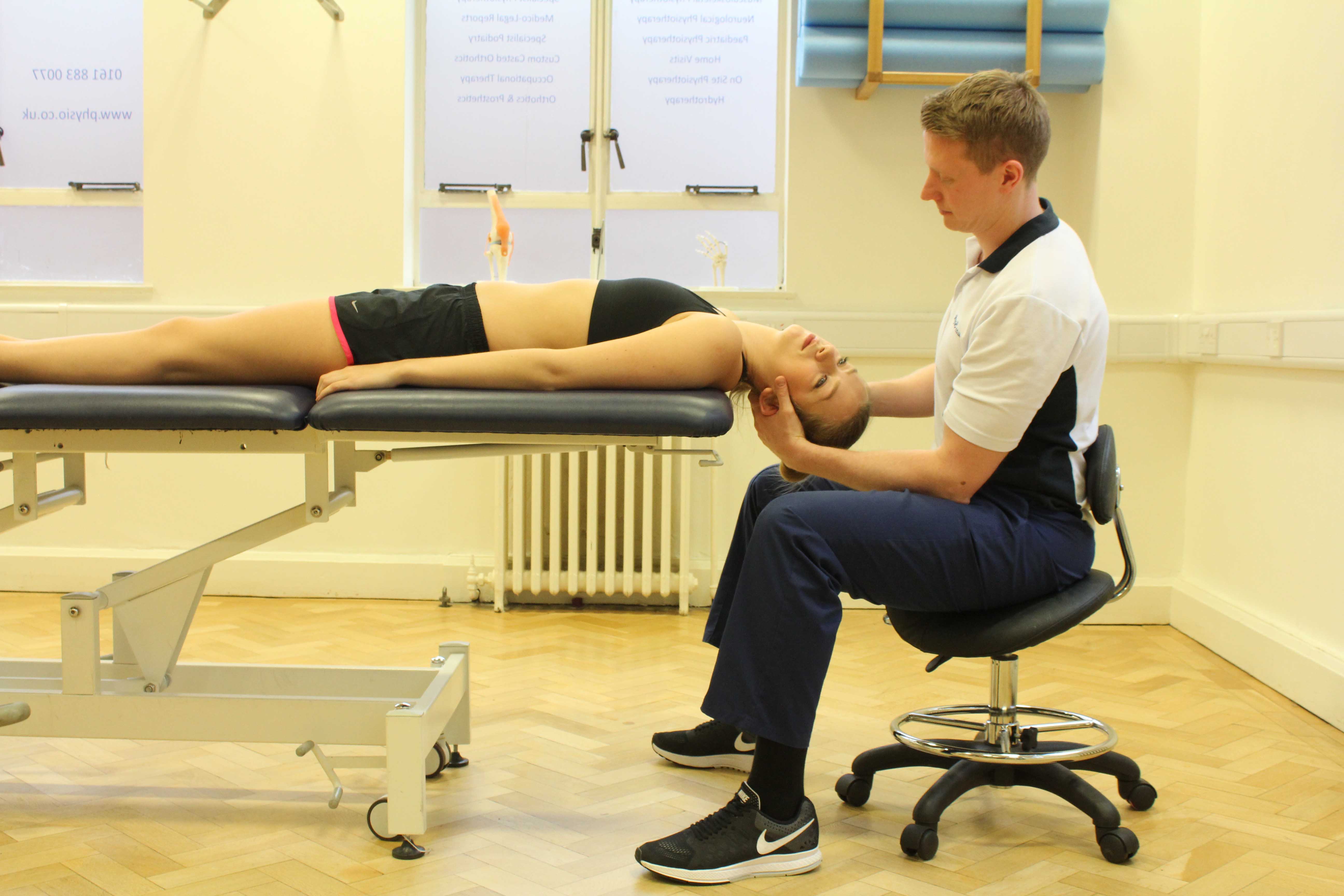 Above: Vestibular physiotherapy - passive resetting exercises
Above: Vestibular physiotherapy - passive resetting exercisesWhat treatment can Manchester Physio offer for Acoustic Neuroma
The treatment Manchester Physio can offer falls into 2 categories:
- Facial Palsy Physiotherapy
- Vestibular Physiotherapy
Facial Palsy Physiotherapy
Facial Palsy physiotherapy involves the repetitive stimulation of the facial muscles either via an electrical stimulator, hands on treatment or home exercises. For further information on this, please see our Facial Palsy section .
Vestibular Physiotherapy
Vestibular physiotherapy involves rehabilitation exercises to strengthen the connection between the ear, vestibular nerve and brain. This training will strengthen the signals passed along the vestibular nerve which should aid with the recovery of balance problems. Even if there is permanent damage to the vestibular nerve the physiotherapy exercises will reteach the brain how to process this now uneven information without triggering vertigo.
Benefits of Vestibular Physiotherapy for Post Acoustic Neuroma Removal
The benefits of physiotherapy post acoustic neuroma removal are:
- Improved balance
- Reduced vertigo
- Increased function
Call 0161 883 0077 to book a Vestibular Physiotherapy appointment.


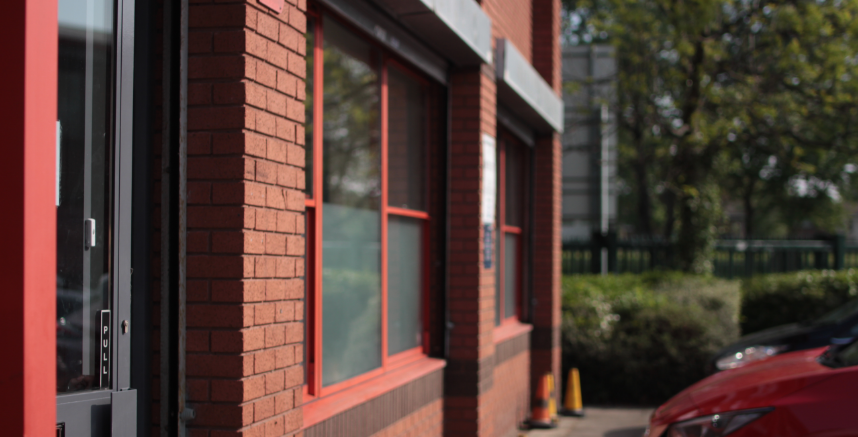
 0161 883 0077
0161 883 0077






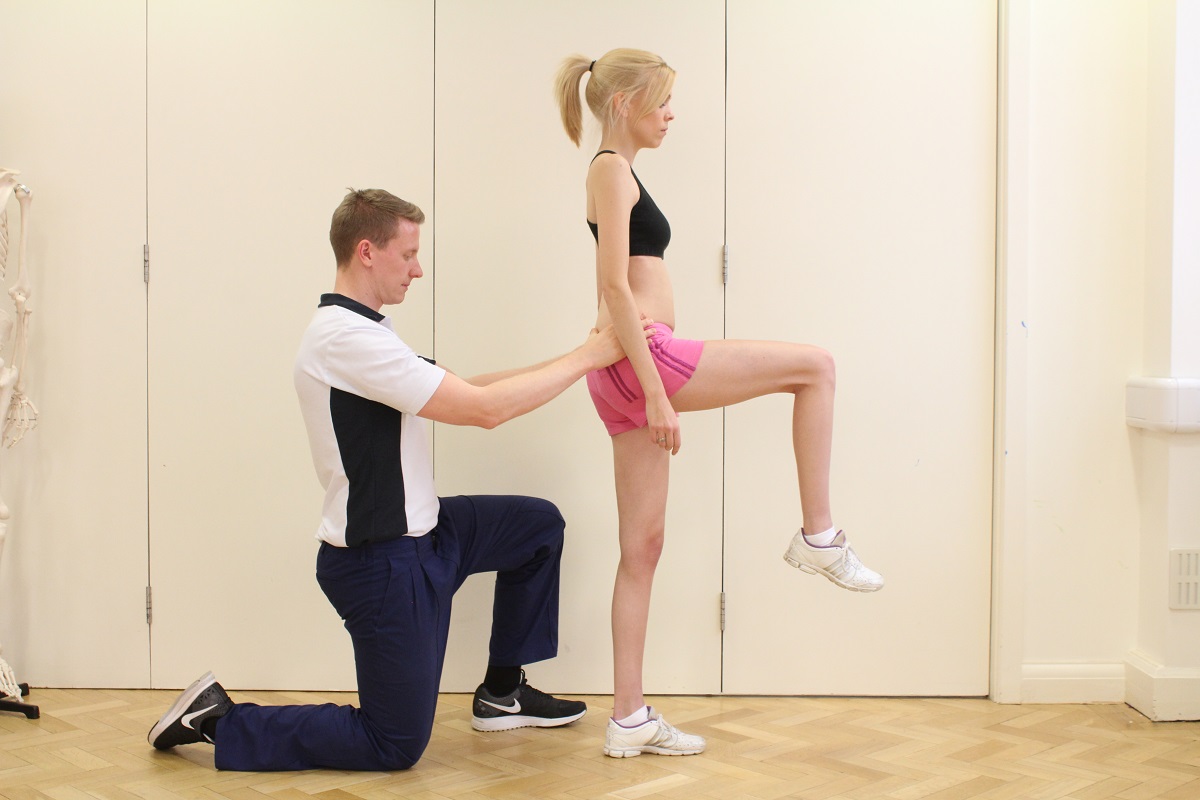

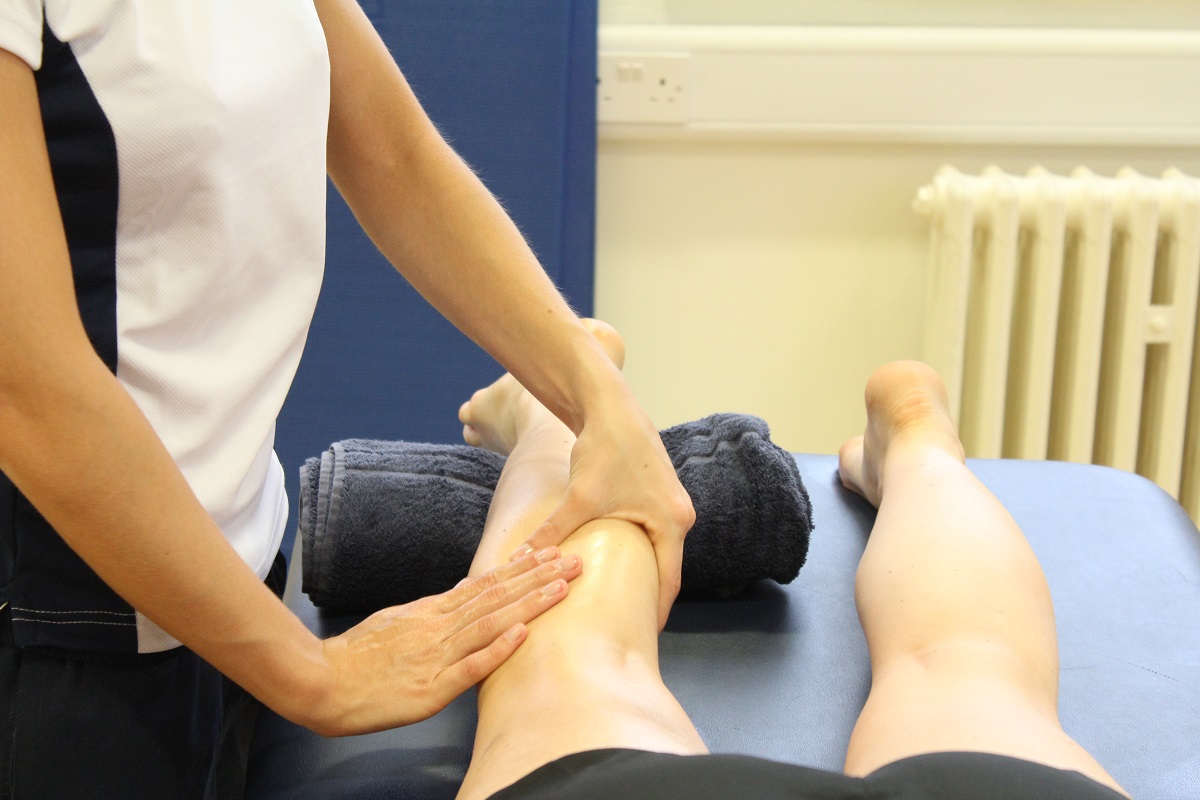



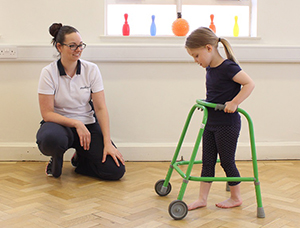
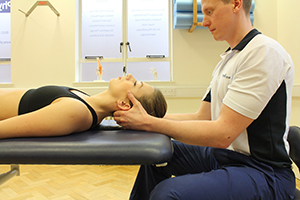






























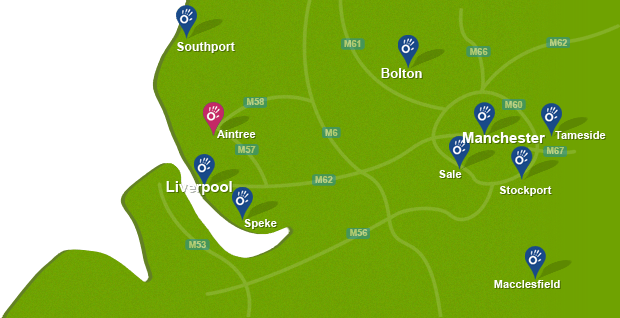

 f
f
